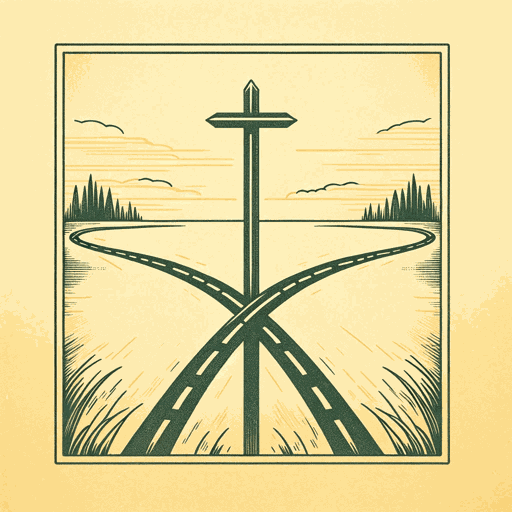45 pages • 1 hour read
Jonathan FranzenThe Corrections
Fiction | Novel | Adult | Published in 2001A modern alternative to SparkNotes and CliffsNotes, SuperSummary offers high-quality Study Guides with detailed chapter summaries and analysis of major themes, characters, and more.
Background
Biographical Context: Franzen’s Upbringing and The Corrections
The Corrections was not Jonathan Franzen’s first novel, but it was his breakthrough work, netting him both a wide readership and critical praise. Franzen has frequently written and spoken about his desire to produce work that is sweeping and ambitious but also readable and entertaining. He believes that a writer has an obligation to their readers to not produce work that is overly obscure or difficult. At the same time, Franzen’s influences are highbrow and literary, even experimental. He has mentioned Don DeLillo and Thomas Pynchon as influences, both writers of systems novels: novels that attempt to explicate underground sweeping forces in modern life. Franzen is also influenced by European writers and intellectuals, such as the Austrian writer Karl Kraus, about whom he has written a book (The Kraus Project, published in 2013).
The Corrections addresses chemistry, engineering, and finance at length, much like the systems novels of Franzen’s forebears. At the same time, the central material in The Corrections is domestic and autobiographical. Franzen himself grew up in the Midwest, and Alfred and Enid are arguably exaggerated versions of his own parents. His father, like Alfred, was an engineer, while his mother, like Enid, was a homemaker; in a 2010 interview with The Paris Review, Franzen spoke of his mother as being overbearingly concerned, as Enid is, with appearances and propriety.
Related Titles
By Jonathan Franzen
Featured Collections
American Literature
View Collection
Family
View Collection
National Book Awards Winners & Finalists
View Collection
National Book Critics Circle Award...
View Collection
New York Times Best Sellers
View Collection
Oprah's Book Club Picks
View Collection
Popular Book Club Picks
View Collection
Popular Study Guides
View Collection
Pulitzer Prize Fiction Awardees &...
View Collection
The Best of "Best Book" Lists
View Collection



